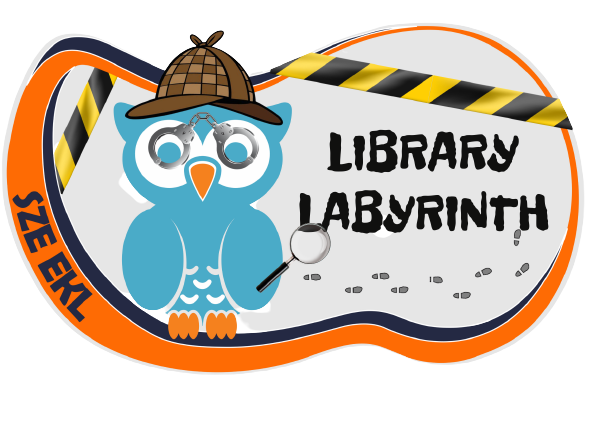Trainings by the Elsevier Online Training Hub in English

Trainings by the Elsevier Online Training Hub in English
Elsevier Webinars for Central & Eastern Europe
|
Date/Time (CET) |
Title |
|
|
28/02/2023; 10:00 |
||
|
|
Learn more on how to use the best features to save your time and increase efficient discovery. |
|
|
14/03/2023; 10:00 |
||
|
We'll talk about research data management and how it could help at different levels, from researchers to decision makers.
|
||
|
28/03/2023; 10:00 |
||
|
Find out how you can use the Scopus database to search for prestigious journals.
|
||
|
18/04/2023; 10:00 |
||
|
Reaxys is Elsevier's database covering chemistry and related sciences. It is supporting researchers and academic teachers. It is also supporting multiple targeted research areas covered by SDG's. Join the webinar to learn more. |
||
|
25/04/2023; 10:00 |
||
|
Empower your research with literature review in Scopus and SciVal.
|
||
|
09/05/2023; 10:00 |
||
|
Learn tips and tricks on doing literature search and discover how to apply these skills efficiently in Scopus and ScienceDirect.
|
||
|
16/05/2023; 10:00 |
How to identify relevant topics and journals with Scopus and SciVal? |
|
|
Tips on how to find relevant topics and journals with Scopus and SciVal, plus a quick topics overview.
|
||
|
30/05/2023; 10:00 |
||
|
Session to support authors in how to publish scientific papers/books. You will have the opportunity to be (virtually) face to face with the experts from the Elsevier publishing team. A unique opportunity!
|
||
|
13/06/2023; 10:00 |
||
|
During the webinar, participants will learn how SDGs are presented in Elsevier’s analytical solutions and how this information could be used for further input assessment. |
||






